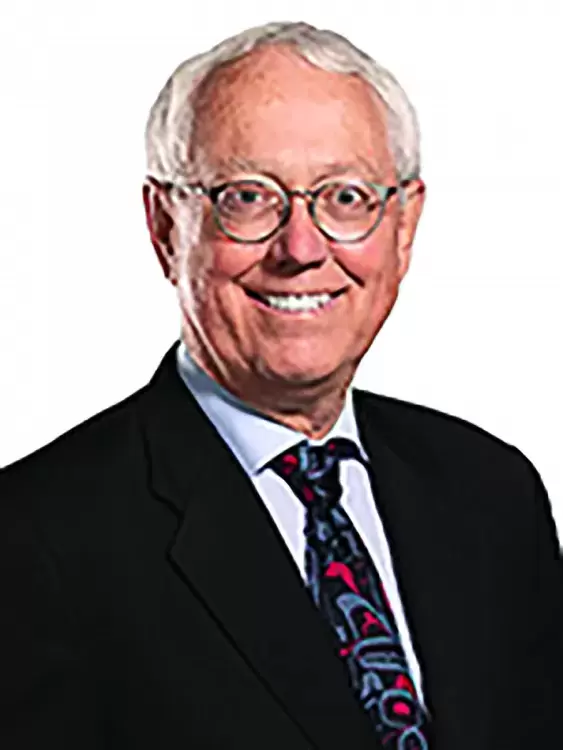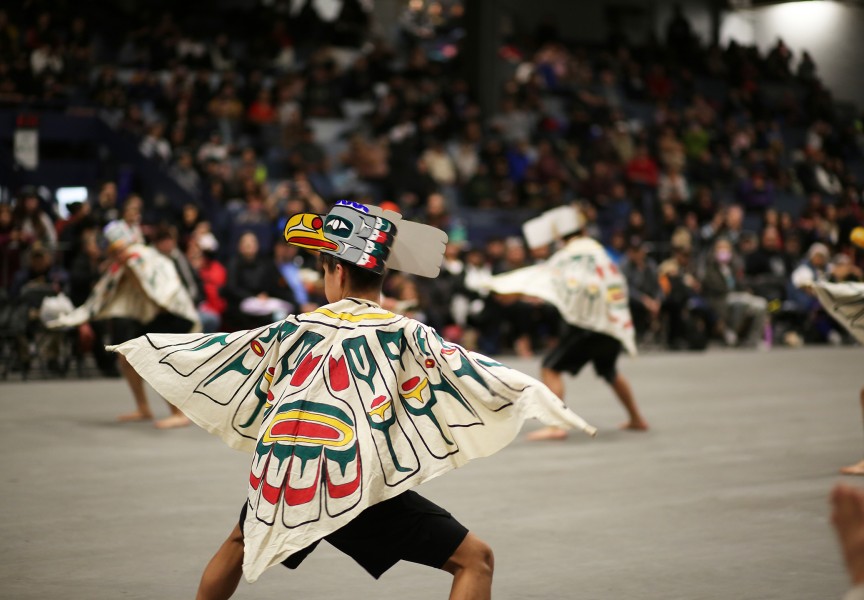As First Nations leaders and communities look toward the New Year, some remain frustrated by the province’s inaction on implementing the United Nations Declaration on the Rights of Indigenous Peoples (UNDRIP).
However, new Indigenous Relations and Reconciliation Minister, Murray Rankin, said he is “hitting the ground running,” to develop an action plan that will “begin to align our laws both past and future.”
When the province of B.C. began to re-open in July as part of their COVID-19 restart plan, the Nuu-chah-nulth Tribal Council (NTC) had some reservations.
In an effort to keep their members safe, the NTC laid out four conditions for the provincial government to uphold before British Columbians were encouraged to travel through Nuu-chah-nulth territories.
Judith Sayers, president of the NTC, said they flagged the need for rapid testing machines in each community, contact-tracing training for two members in each of their 14 nations, check points within their territories and details on the confirmed COVID-19 cases in proximate communities.
“We still haven’t had one of those requirements fulfilled yet,” said Sayers. “Not one. We’re supposed to be on a government-to-government [basis] with them and they’re ignoring us.”
B.C. was the first province to adopt UNDRIP in November 2019. It was developed in collaboration with the First Nations Leadership Council as a framework for reconciliation.
While it marked a significant step towards better transparency and government accountability, some Nuu-chah-nulth leaders feel that progress has been slow.
Huu-ay-aht Chief Councillor Robert Dennis Sr. said the province’s “hollow words” and failure to deliver on NTC’s conditions serves as an example of how the government has yet to “meaningfully apply” the declaration.
“They didn’t uphold [the conditions],” said Dennis. “They didn’t listen to us.”
In late-November, Rankin was appointed as the new Indigenous Relations and Reconciliation minister. A public law expert and MLA for Oak Bay-Gordon Head, he took over the portfolio from Scott Fraser, who did not seek re-election.
Rankin is no stranger to Indigenous law, having served as the lead treaty negotiator for the province in 1994. During that time, he remembers spending many long days with Nuu-chah-nulth leaders in Tofino at the Best Western Tin Wis.
“I really developed some deep respect for the Nuu-chah-nulth,” he said. “A lot of friendships were made.”
Because of his background, Sayers said she hopes the new minister will be more responsive to First Nations concerns.
“Since Murray Rankin is a long-time lawyer, I’m hoping that changing laws is going to be something he’s really comfortable with,” she said. “I think Murray Rankin can better understand the issues that we have with some of the existing laws, so that’s positive.”
Rankin said he understands the desire for a faster uptake on the declaration and takes the concern “seriously.”
“I know it’s easy to say that this work takes time,” he said. “But we’ve made progress since we’ve started.”
The province has put forward a “robust set of health measures” to support rapid testing and contact tracing, with one rapid testing machine installed in Tofino, Rankin said. Additionally, the First Nations Health Authority has been approved to hire 76 First Nations community members to make sure that contact tracing is done in a culturally appropriate way.
“We’ve got to make sure that we have a continuing dialogue between the province, the First Nations Health Authority, and the leadership authority of [First Nations] communities to determine just what opening up looks like in different communities,” he said.
When it comes to the rollout of the new COVID-19 vaccine, Rankin wants to ensure remote Indigenous communities are prioritized to keep the elders and “knowledge keepers” safe.
Above all, the first priority for Rankin is to collaborate on an action plan with First Nations leaders, along with co-establishing a secretariat that will act as a watchdog on the enactment of UNDRIP.
Right now, that means entering discussions.
“I want to keep focusing on dialogue,” said Rankin. “We need continuing, constant dialogue so we have transparency and accountability.”
With over 200 First Nations communities across the province, Rankin hasn’t been able to reach every nation. However, since being appointed, he has met with several Nuu-chah-nulth leaders, such as Sayers and Dennis, to discuss their specific concerns.
Dennis said First Nations communities need to become more “assertive” and “direct” in their approach when working with government.
“I never expect that the minister is going to have a recipe to resolve Huu-ay-aht issues,” said Dennis. “I have to clearly communicate what Huu-ay-aht issues are and seek a meeting to find out how we’ll deal with them. I’m confident Murray Rankin is the kind of leader that’ll open his door and be receptive to First Nations who are willing to be proactive and clearly communicate their issues so that we can find some kind of resolution.”
Rankin admits that it won’t always be easy.
“There are going to be bumps along the road,” he said. “But this is probably the most important journey that our province has taken. We’ve got 174 years of colonialism to unpack.”
As he considers the next four years in his new role, Rankin said he wants to be able to look back and say, “I’ve made a difference – to the Indigenous people of British Columbia and to the journey of reconciliation we’re on together.”
For Rankin, that means eradicating the colonialism and racism of our past.
“It means economic opportunities, it means better partnerships as we work together in deciding where developments should occur and where [they] shouldn’t occur,” he said.
“It means better outcomes for individual children and elders in [First Nations] communities. We’ve got to do better on the social determinant of health. We’ve got to do better for our children in care. Those on-the-ground changes in people’s lives are where we’re going to measure success.”







